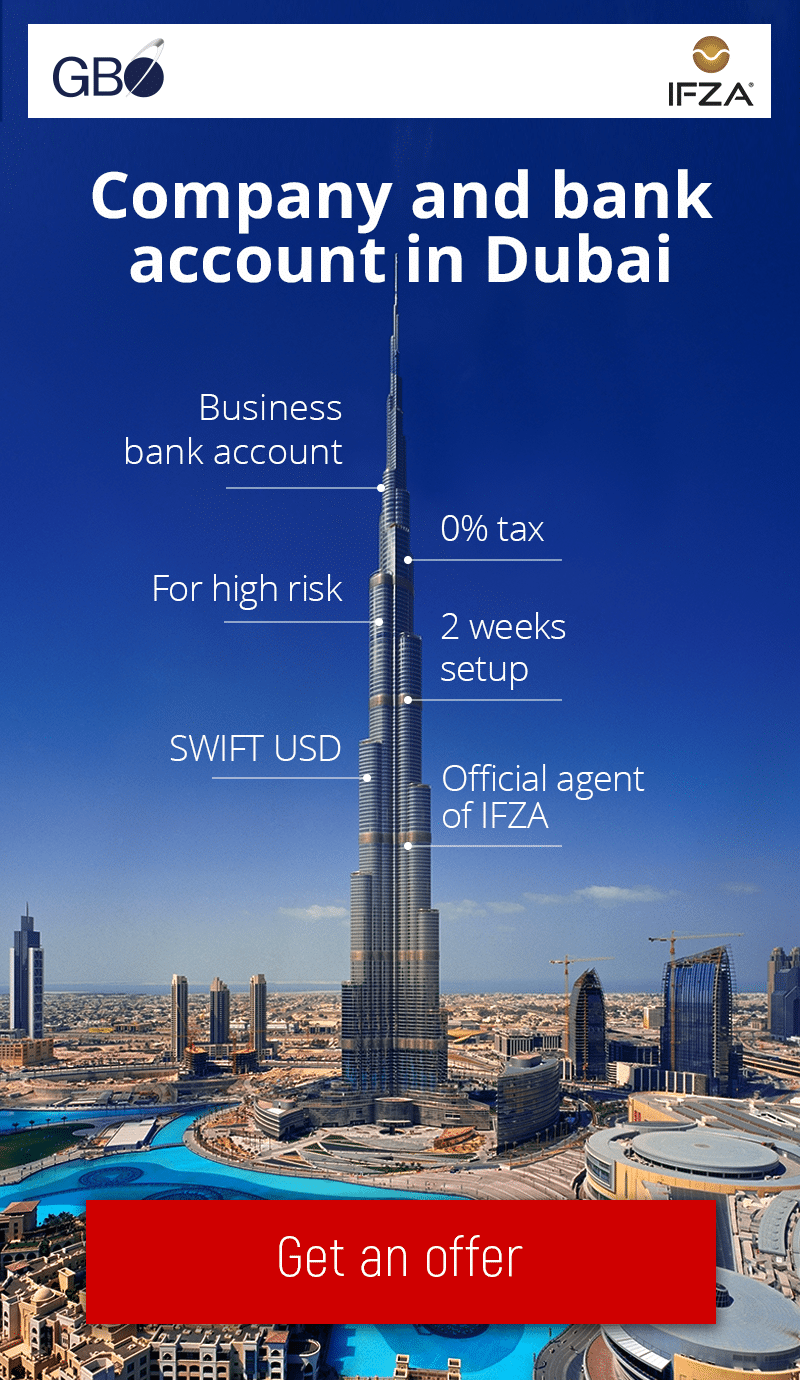GBO: Leading the Way in High-Risk payment Solutions for Gaming and Forex
- Expertise: GBO is a leading corporate service provider with turn-key solutions.
- Comprehensive Services:
- Seamless bank account openings
- Advanced payment and crypto solutions
- Robust Anti-Money Laundering (AML) protocols.
In an increasingly interconnected world, businesses operating in high-risk industries demand comprehensive and tailored financial services to thrive. At GBO, we understand the unique challenges and opportunities faced by high-risk sectors such as gambling, forex trading, marketing, and online activities.
Our commitment extends beyond borders, covering Europe and Asia, to provide a range of banking, payment solutions, corporate services, and licensing options. In this article, we delve into our offerings that empower high-risk businesses to reach their full potential.
Why GBO?
- Trusted Legacy: GBO is Operating with excellence since 2009 with thousands of satisfied clients.
- Instant Support: Live WhatsApp support for real-time assistance.
- Our Promise: Fast, transparent, and professional service.
- Experience the GBO difference. Excellence, simplified.
Contact Us for Payment Solutions
Trends in Up-and-Coming Payment Service Providers for 2024: How to Handle the High-Risk Environment
It is essential to stay ahead of the curve in the constantly changing world of payment services. The payment industry is still going through revolutionary changes as 2024 approaches, particularly in the high-risk sector. Payment service providers (PSPs) need to change with the times in order to survive, from cutting-edge technology to shifting regulatory environments. With a special emphasis on high-risk companies, we’ll examine the most recent developments and trends affecting the payment service provider sector in this post.
1. Decentralized Finance’s Ascent (DeFi)
DeFi is expected to have a big impact in 2024, and PSPs are starting to include more and more DeFi features in their products. Online casinos and cryptocurrency exchanges, two high-risk industries, find DeFi to be an appealing alternative because it enables faster, more secure, and more affordable transactions.
2. Enhanced Security Using Blockchain Technology
Payment security is still being revolutionized by blockchain technology. PSPs are using blockchain technology to guard against fraud and data breaches, giving high-risk companies and their clients a safer environment.
3. Authentication via Biometrics
In payment services, biometric authentication—such as fingerprint and facial recognition—is becoming more popular. Biometrics are being used by high-risk industries to improve identity verification, lower fraud, and provide a more secure and easy payment process.
4. KYC and Regulatory Compliance
Stricter regulations are being implemented in the high-risk industry. PSPs are making significant investments in strong Know Your Customer (KYC) procedures and tools for regulatory compliance to make sure they comply with changing legal requirements and reduce the risk of non-compliance.
5. Machine learning and artificial intelligence
Large volumes of transaction data are being analyzed using AI and machine learning to spot odd trends and possible fraud in real time. Because cybercriminals frequently target high-risk businesses, this proactive approach is invaluable.
6. Acceptance of Cryptocurrencies
A growing number of high-risk businesses are accepting cryptocurrency payments. PSPs are enabling cryptocurrency transactions, providing enterprises in difficult industries with new sources of income and access to international markets.
7. International Payments
Cross-border payment solutions remain necessary due to the ongoing impact of globalization. The primary goal of PSPs is to meet the specific requirements of high-risk enterprises by offering effective, affordable cross-border payment solutions.
8. Tokenization for Payments
The use of tokenization is growing, particularly in industries with high levels of risk. By substituting distinct tokens for sensitive payment information, it improves security and lowers the possibility of data breaches.
9. Payment Experiences Focused on the Customer
PSPs are putting more of an emphasis on enhancing user experience for industries that carry a higher risk. Personalized payment methods, simple integration, and quick customer service are starting to come standard.
10. FAQs on High-Risk Payments
Q1. In terms of payment processing, which industries are deemed high-risk?
A1. Among the high-risk industries are adult entertainment, cryptocurrency, internet gambling, and pharmaceuticals.
Q2. How can PSPs assist high-risk companies in overcoming regulatory obstacles?
A2. PSPs provide compliance expertise, assisting high-risk companies in adhering to regulatory changes and avoiding expensive fines.
Q3. How can PSPs help in high-risk industries prevent fraud?
A3. PSPs proactively identify and stop fraud in high-risk transactions by utilizing cutting-edge technologies like blockchain and artificial intelligence.
Q4. How does DeFi help businesses that take on a lot of risk?
A4. High-risk industries looking for dependability and efficiency find DeFi appealing since it offers quicker, more affordable, and secure payment options.
Q5. How does tokenization improve high-risk payment security?
A5. By substituting tokens for sensitive data, tokenization lowers the possibility of data breaches and guarantees safe, high-risk transactions.
Q6. Are high-risk industries subject to any particular KYC requirements?
A6. Stricter KYC requirements may be imposed on high-risk industries to reduce potential risks, and PSPs are prepared to meet these requirements.
7. Can cross-border payment solutions help high-risk businesses?
A7. PSPs do, in fact, provide high-risk industries with customized cross-border solutions that facilitate global trade and market expansion.
Q8. How is high-risk payment security enhanced by biometric authentication?
A8. By using distinctive physical traits to confirm the user’s identity, biometric authentication offers an additional degree of security.
Q9. What part does AI play in processing payments at high risk?
A9. Artificial intelligence (AI) is crucial for high-risk industries because it analyzes transaction data in real-time, spotting irregularities and possible fraud.
Q10. Are companies that take on a lot of risk using cryptocurrency payments?
A10. The acceptance of cryptocurrencies by high-risk industries is growing, enabling them to offer more payment options and reach a wider global audience.
The payment service provider sector, especially the high-risk sector, is experiencing substantial transformations in 2024. In order to deliver streamlined, compliant, and secure payment solutions to enterprises functioning in demanding sectors, PSPs will need to wholeheartedly adopt these nascent trends and technologies. Not only will embracing these changes guarantee the survival of businesses, but it will also establish PSPs as frontrunners in the ever-changing payments industry.
Businesses operating in high-risk industries require comprehensive and customized financial services to succeed in an increasingly interconnected world. At Global Reach, we are aware of the particular difficulties and chances that high-risk industries like online gaming, forex trading, marketing, and gambling face. Our dedication to offering a variety of banking, payment options, corporate services, and licensing options transcends national boundaries, encompassing both Europe and Asia. We explore our products that enable high-risk businesses to realize their full potential in this article.
Trusted by clients around the world
GBO is a market-leading Anjouan Forex license services provider
FAQs on Forex Brokerage Licensing
1. How do I set up a forex company?
- Target Location: Decide on the jurisdiction that aligns with your business goals.
- Budgeting: Understand and consider the various costs associated with starting a forex broker.
- Registration: Officially register your forex brokerage company in your chosen jurisdiction.
- Tech Provider: Select a reputable technology provider to support your operations.
- Trading Platform: Opt for a platform that is widely recognized and trusted by traders.
- Liquidity Provider: Finalize and sign an agreement with a chosen Liquidity Provider to ensure seamless trading operations.
2. What is the cost of Forex company formation?
- Registration Fees: Varies depending on the jurisdiction and regulatory requirements.
- Technology and Platform Costs: Investment in robust technology and platforms can range widely based on features and capabilities.
- Operational Costs: Staffing, office space, marketing, and other day-to-day expenses.
- Licensing Fees: If applicable, fees associated with obtaining a trading license.
- Maintenance Costs: Yearly fees, audit costs, and other recurring expenses to keep the company compliant and operational.
3. What are the forex trading license requirements?
- Documentation: Proof of company registration, business plans, and financial forecasts.
- Capital Requirements: Some jurisdictions require a minimum capital to be held by the broker.
- Fit and Proper Test: Directors and key personnel must often pass integrity and competency tests.
- Operational Model: Detailed overview of your business operations, including tech infrastructure.
- AML and KYC Procedures: Robust Anti-Money Laundering and Know Your Customer protocols must be in place.
- Regular Reporting: Ongoing submission of financial statements and other relevant reports to regulatory bodies.






